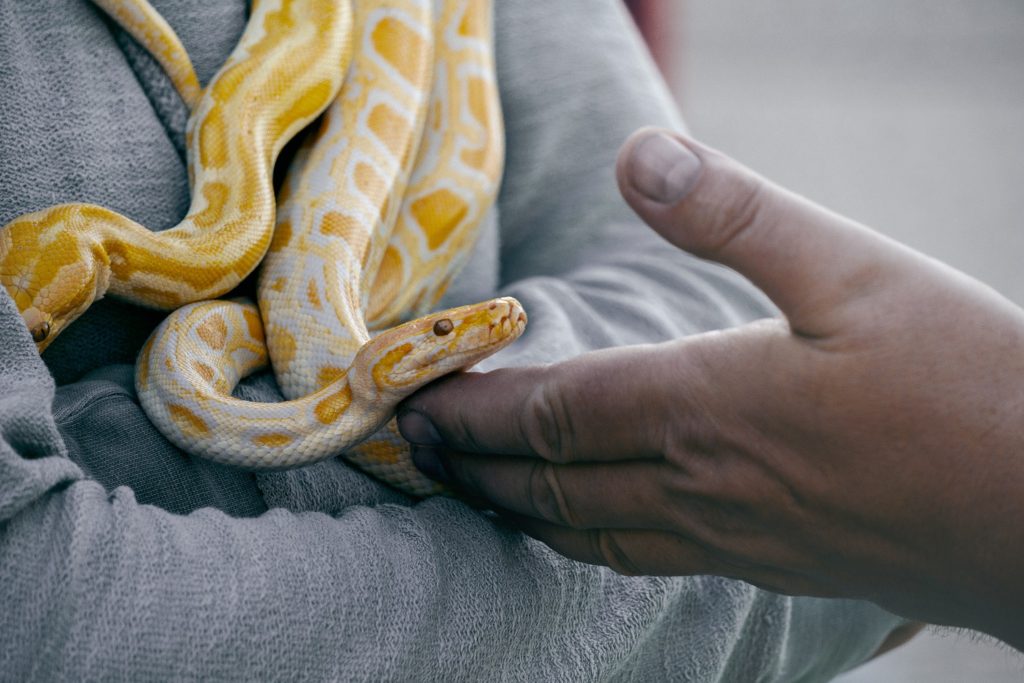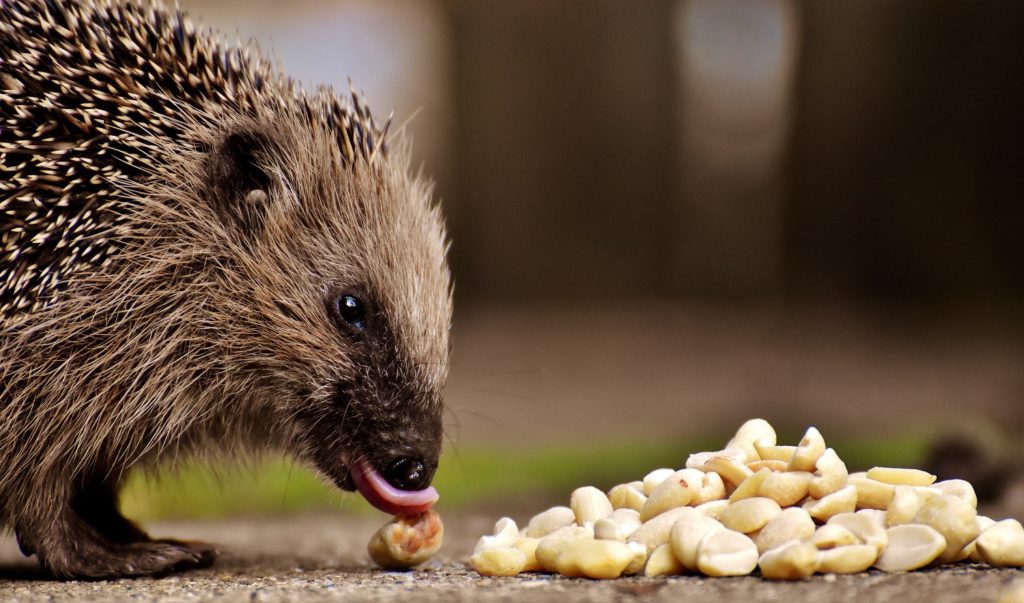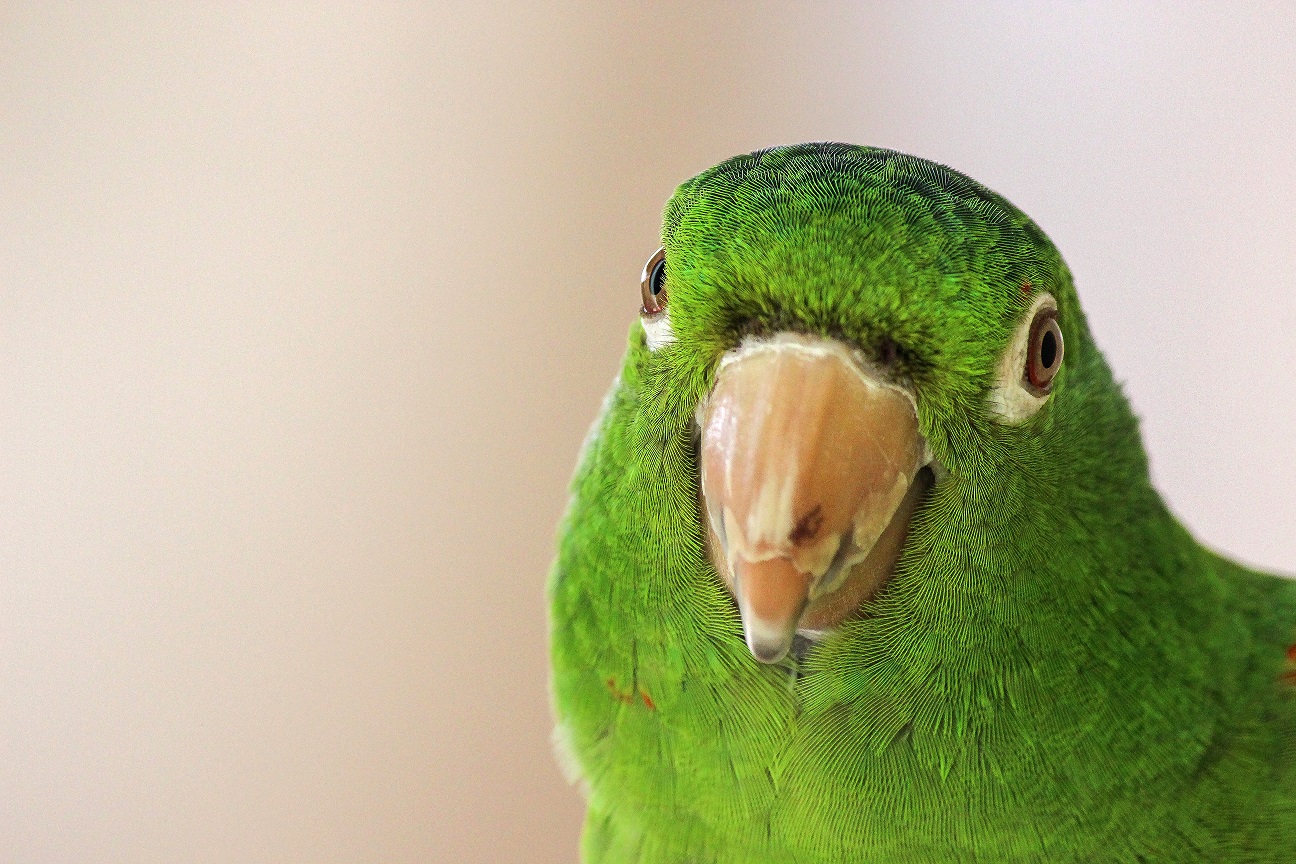Wait…Am I Getting an Exotic Pet?
You might be surprised to learn what constitutes an exotic pet. If you’re not sure if the pet you intend to add to your family is an exotic, ask yourself the following questions:
Is it a cat or a dog?
Is it a horse?
Is it a farm animal?
If you answered no to those questions, chances are you’re getting an exotic pet. Surprise! So yes, whether you’re thinking about getting a guinea pig or an iguana, a mouse or a macaw, you need to make sure you’re an expert in their basic care. Here are the things you need to find out before you bring your new friend home:

Temperature
Exotic pets hail from all over the world. Even if they were born in the same city as you, they’ve evolved for a specific climate. Lizards will need heating lamps, rabbits are extremely susceptible to heat stroke, and a draft can make birds ill. Make sure you know what temperature range is best for your pet and that you can accommodate it all year round.
Food
There are dozens of brands on the market for nearly every type of pet, but some are more reputable than others. Do your research to make sure you can afford a pet food brand that meets the dietary requirements of the animal you intend to get, and that it’s not too heavy on treats. (Obesity causes all kinds of health complications in animals, just as it does in humans.) Keep in mind that some animals won’t do well on a packaged diet. Fresh fruits and veggies, mealworms, or crickets may be their dish of choice. If that’s the case, are you up to prepping daily salads or breeding bugs to keep your pet happy?

Habitat
I’m going to go out on a limb here and say that whatever the pet store tries to sell you as a suitable habitat for your pet is possibly inappropriate and definitely too small. Your pet is going to spend a lot of time in their cage, so make it as roomy as possible. Whatever habitat you choose needs to accommodate your pet, their friend (if your pet is social), food dishes, water bottles, toys, a sleeping area, and a potty area. And take their habits into account. For example, birds that enjoy climbing will prefer a tall cage, while birds that like to fly will want a nice long space to stretch their wings.
Adult Size
That baby bearded dragon is going to outgrow a 10-gallon tank fast. Are you prepared to upgrade to a 75-gallon when he’s full-grown? Baby animals are irresistibly cute, but when you bring a pet into your home it should be for life—so make sure you know what that means beforehand.
As well as adult size, you should take behavioral changes into account. Some exotic animals exhibit very different behaviors as adults than they do when young. Rabbits are a prime example of this. Baby bunnies are sweet-tempered and easy to handle, but when puberty hits, look out!

Common Illnesses
Different animals are prone to different illnesses, and it’s important to know the symptoms so you can recognize danger signs. Illness can progress quickly, especially in smaller animals, and any disease is easier to treat the earlier it’s caught. Knowing what signs to look for, being able to administer basic care, and having a reliable exotics vet lined up can make the difference between life and death for your pet.
Temperament
Did you know that hamsters do best alone? That guinea pigs get lonely without a friend? That hedgehogs are often prickly in personality as well as in their physique? Knowing what to expect from your pet will help you choose an animal that suits your lifestyle, and allow you to provide them the best life possible. Sadly, many exotic pets are abandoned by owners who didn’t do their research and simply bought them because they looked cute.

If you’re getting an exotic pet, it’s up to you to research their basic care so that they can live their full lifespan in a good home. Exotic pets may be unusual and interesting, but they also require specialized care. Make sure you’re up for the challenge before you add a quirky exotic to the family!
Read to learn more? Check out Things You Must Know Before Getting an Exotic Pet — Part 2: Travel and the Unexpected.




wow , I never knew any of this!
Great info! Everyone needs to take the time to research the care involved with exotic pets…or any pet for that matter!